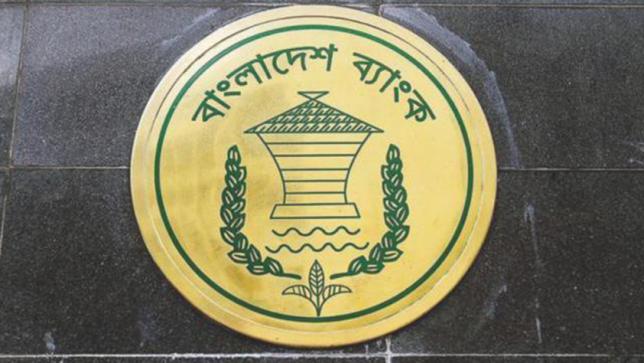BB to widen reach of digital wallets

AT A GLANCE
- Clients to settle transactions using e-wallet apps
- Tk 20cr to be kept as paid-up capital to open e-money outlet
- KYC records of e-wallet users and transaction related history to be preserved for at least six years
- Call centres to be run by start-ups round-the-clock to receive complaints from clients
- Dispute to be resolved within 7 days
- Charge and fee of transaction to be disclosed on respective start-up’s website
The central bank is set to come up with a guideline for electronic money in further proof of its commitment to building a cashless society.
The draft guideline has been sent to stakeholders for vetting, after which it will be issued at the earliest.
At present, there is only one digital company, iPay, to provide e-money service in Bangladesh, but many are waiting in the wings. The finalisation of the guideline will help them get the licence.
An individual can transact a maximum of Tk 50,000 a day through the system, according to the central bank's instructions to iPay when giving the licence.
The monthly ceiling for withdrawal and deposits is Tk 2 lakh. The digital wallet can have a maximum balance of Tk 4 lakh.
The digital wallet must be linked with one's bank account, from where the money will be sent, according to the draft regulations.
Once loaded, the customer can: send funds to another digital wallet, make payments for purchases at point-of-sale, pay utility bills, taxes, tuition fees and transport fares.
Employers too can pay salaries to their employees' digital wallets, while pensioners, freedom fighters and those under the coverage of the government social safety net programmes can receive their monthly allowance in them.
The digital wallet can be accessed through the mobile apps of the respective vendors.
The vendors, which would be called e-money service (EMS) providers, would have to cough up Tk 20 crore in paid-up capital to get the green light from the Bangladesh Bank.
They will have to take licence from the Registrar of Joint Stock Companies and Firms. The EMS providers will have to maintain their total e-money balance in a trust-settlement account of a bank.
The balance in the trust account will not be lower than the value of outstanding e-money at the end of the day.
At least 20 percent of the balance of the trust account must be invested in government securities.
Digital wallets with no financial transaction for a year will be made inactive after sending a notice to the user.
The EMS providers will have to preserve the KYC (know your client) records of the digital wallet users and merchants and those of e-money transactions for at least six years from the date of the origination.
The charges and fees for transactions must be articulated lucidly on the respective EMS provider's website so that there is no confusion or unawareness.
The EMS providers will have to maintain a call centre round-the-clock to receive customer complaints and resolve them within seven working days.
